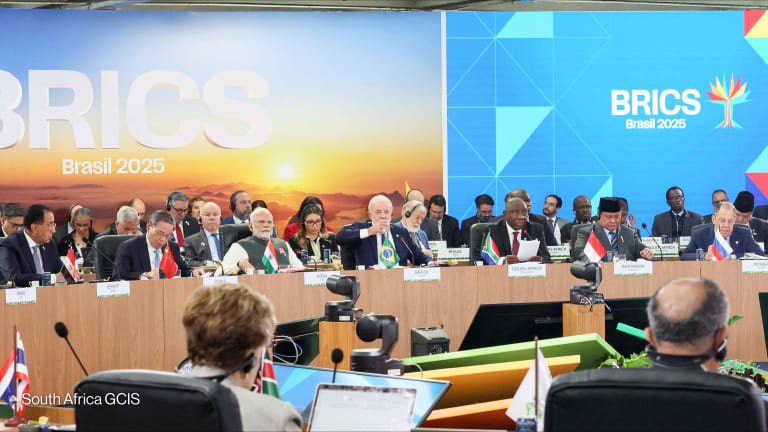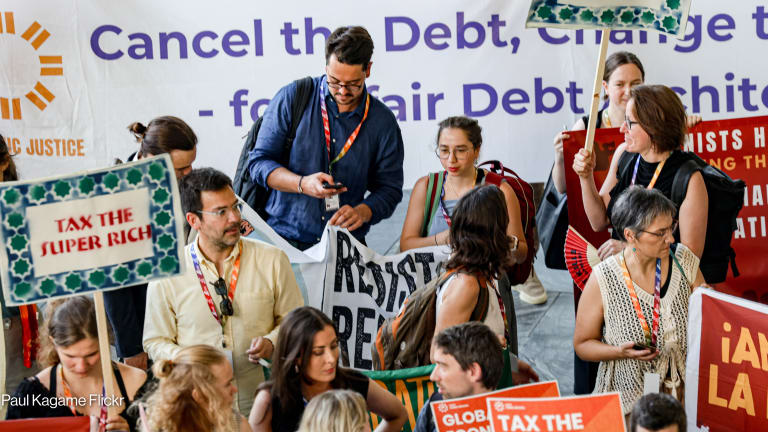Much of the discussion at this year’s United Nations General Assembly high-level week in New York focused on the acute challenges facing international cooperation. Many media reports, understandably, emphasized areas in which countries diverged.
We were inspired, therefore, to be involved in one major step forward for multilateralism taken at UNGA week: The inaugural meeting of a coalition working to advance global public investment.
Global public investment is an equitable, 21st-century approach to tackling global challenges, through which all countries benefit, to which all contribute according to their means, and in which all decide together as equals. It starts from the recognition that in an interconnected world, our fates are interdependent, and that solutions to our shared challenges need to be shaped by all of us together.








